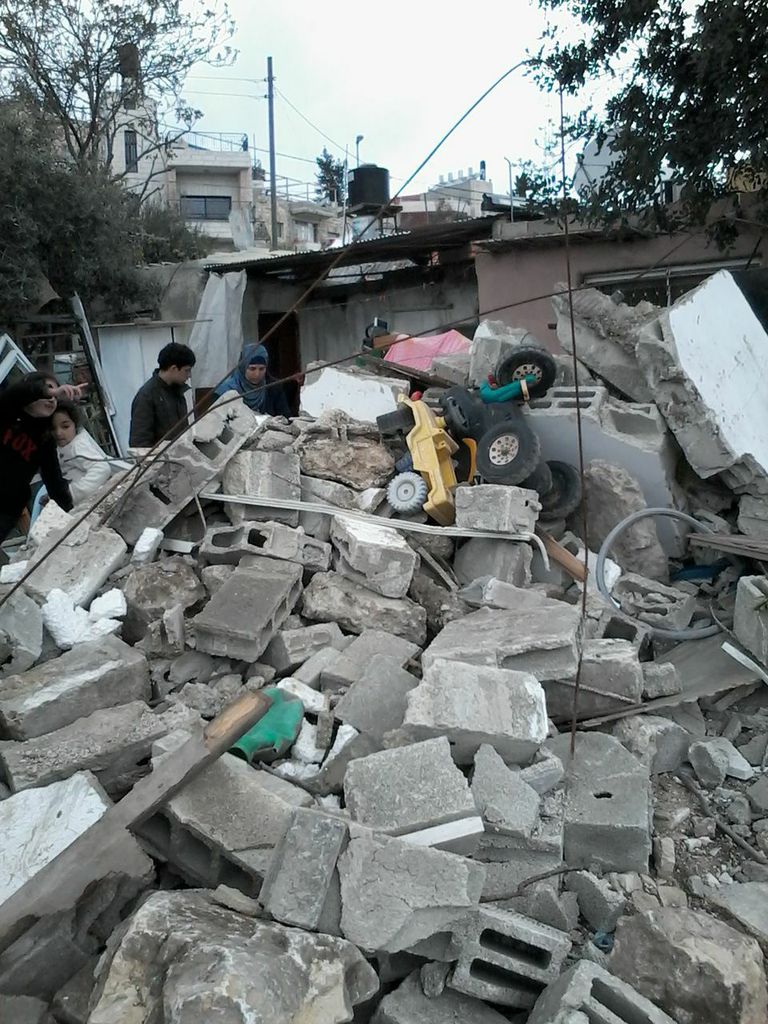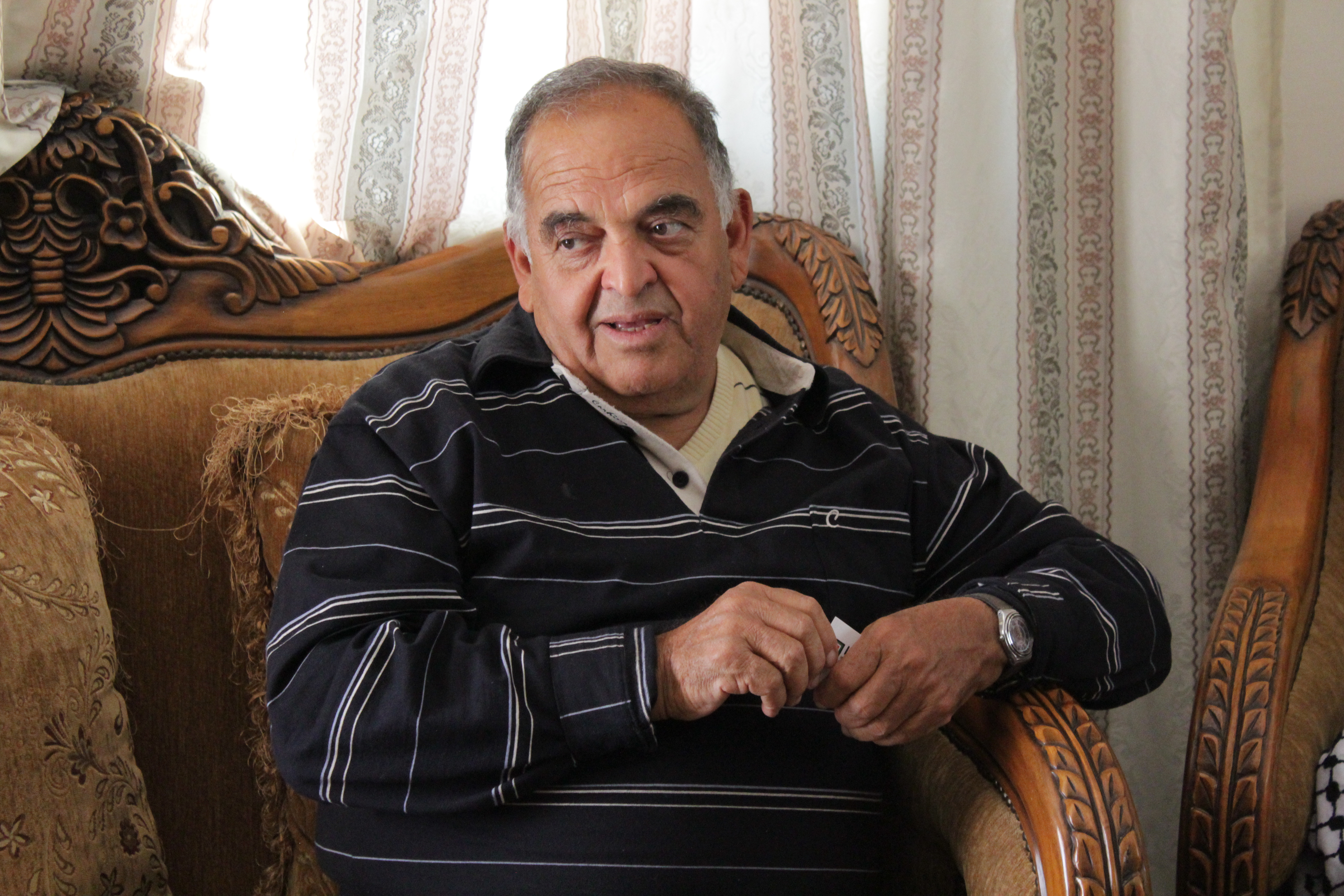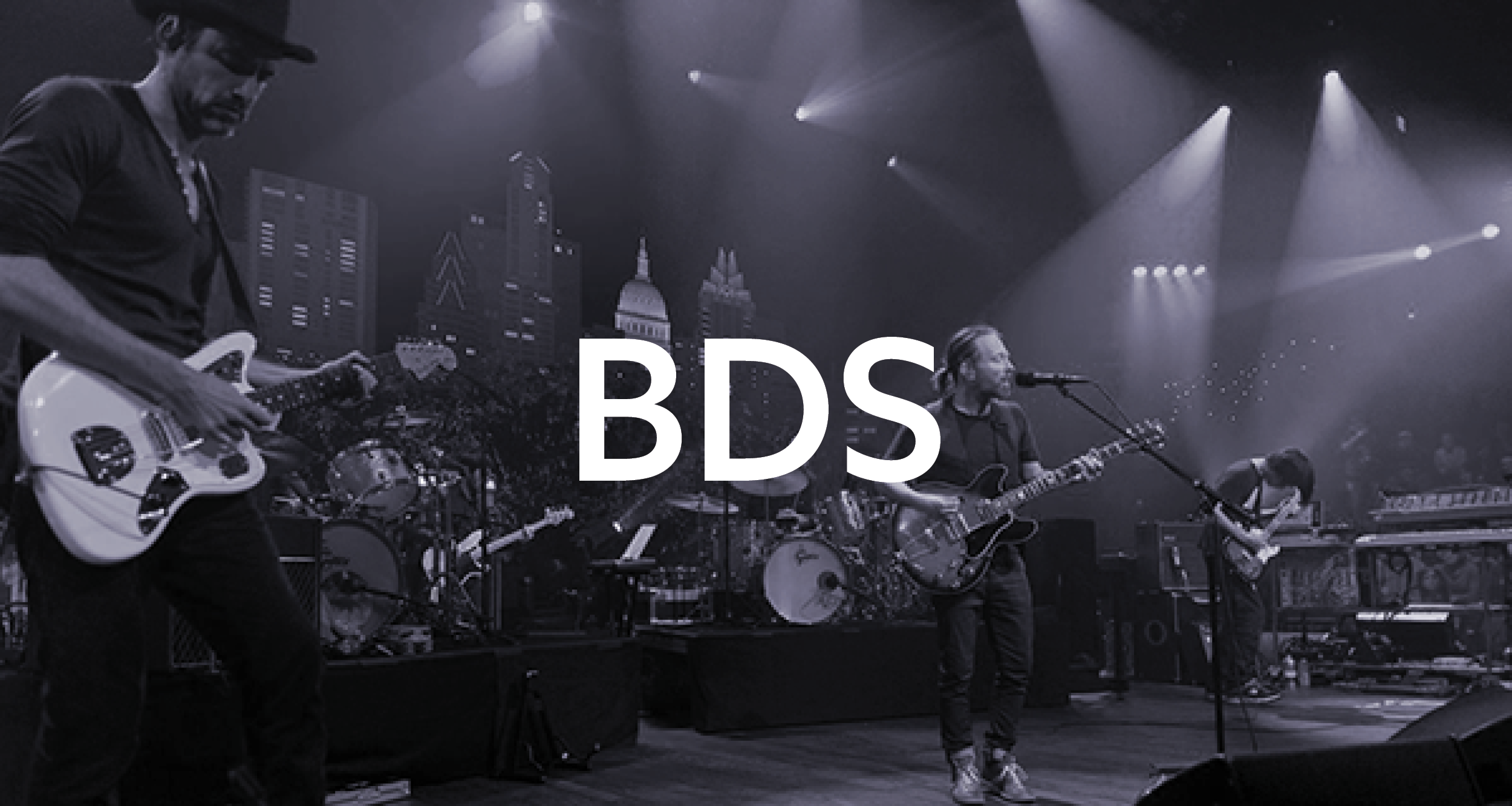Category: Press Releases
-

Event : Iftar on the Rubble
English Fallows Arabic إفطار فوق الأنقاض قفوا تضامنا مع العائلات الفلسطينية المتضررة من جراء سياسات الاحتلال في هدم البيوت شاركوا عائلة فواقه في افطار رمضاني فوق أنقاض بيتهم الذي تم تدميره في صور باهر في القدس الشرقية المحتلة (مرحب بغير الصائمين كذلك) 13 حزيران 2017 تمام الساعة 6:30 مساء الطفلة آية فواقه والتي لم يتجاوز…
-

Jayyous lands again under threat
5th April 2017 | International Solidarity Movement, al-Khalil team | Hebron, occupied Palestine Residents from the West Bank village of Jayyous, east of Qalqilya, endured nightly raids by Israeli forces for a week straight in early April. Israeli occupation forces fired tear gas at resident’s homes, causing some villagers to be taken for treatment to…
-

ISM Statement on Israel’s attempt at silencing Omar Barghouti
On March 19th Israeli authorities barged into the house of Omar Barghouti, co-founder of the Boycott, Divestment and Sanctions (BDS) movement; in an attempt to tarnish his image and reputation by claiming an alleged income outside of Israel. Omar and his wife Safa endured a first round of interrogation lasting 16 hours, Omar was subsequently…
